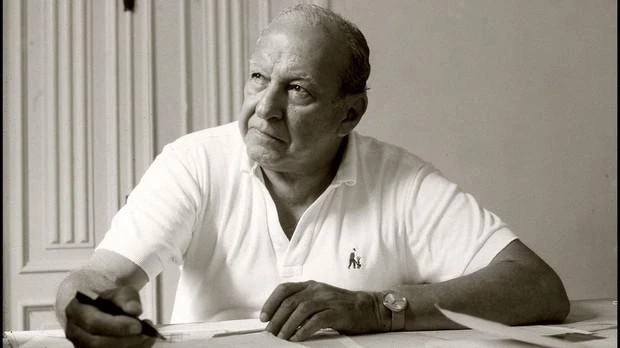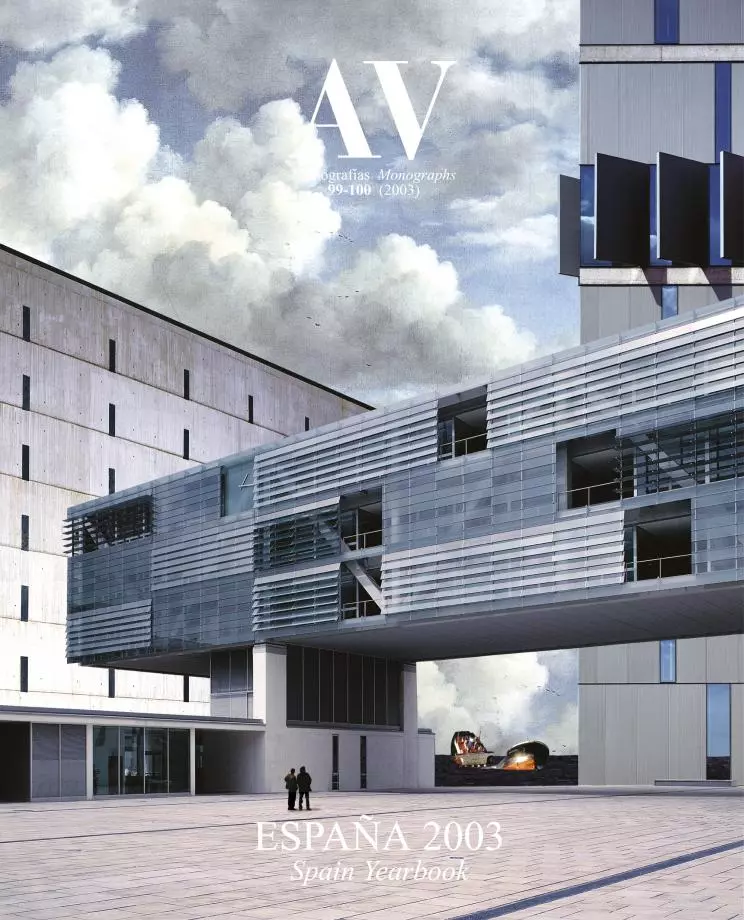
(1919-2002)
Sergio Bernardes, the youngest figure of the modern Brazilian school, spearheaded by the architects Lucio Costa and Óscar Niemeyer, passed away on 15 June at the age of 83. He graduated in 1948, and forged his reputation on the many single-family houses built on the outskirts of Río de Janeiro, one of which – that commissioned by Hélio Cabral – earned him the Grand Prize at the Venice Biennial in 1954. The use of local materials, the protagonism of nature and of light and technically advanced solutions, characterize the work of Bernardes, who proposes a regional as well as technical approach to construction. Brazil’s Pavilion at the Brussels World’s Fair of 1958 embodies these principles with a weightless deck stretched over a garden designed by Roberto Burle Marx. His passion for nature awoke his interest in the ecological dimension of the large cities, and in 1979 he set up the Laboratory for Conceptual Research, proposing a series of helical towers on the outskirts of Río to stop the city’s urban sprawl and the subsequent destruction of his country’s coastal landscape.





